Middle East tourists visiting Moscow City makes everyone happy
Moscow City Tourism Committee (Mostourism), the lead governmental agency that promotes domestic and international tourism to the Russian capital, has set its sights firmly on boosting tourist inflow from the Middle East and North Africa region, especially from the six affluent Gulf Cooperation Council nations comprising Saudi Arabia, the United Arab Emirates, Qatar, Bahrain, Kuwait, and Oman.
The initiative also comes about as the tourism sector has been able to contribute significantly to the Russian capital’s economy – by as much as 366.1 billion rubles ($4.01 billion/AED14.72 billion) in the first half of 2022 – while generating 400,000+ direct and indirect jobs across the metropolis.
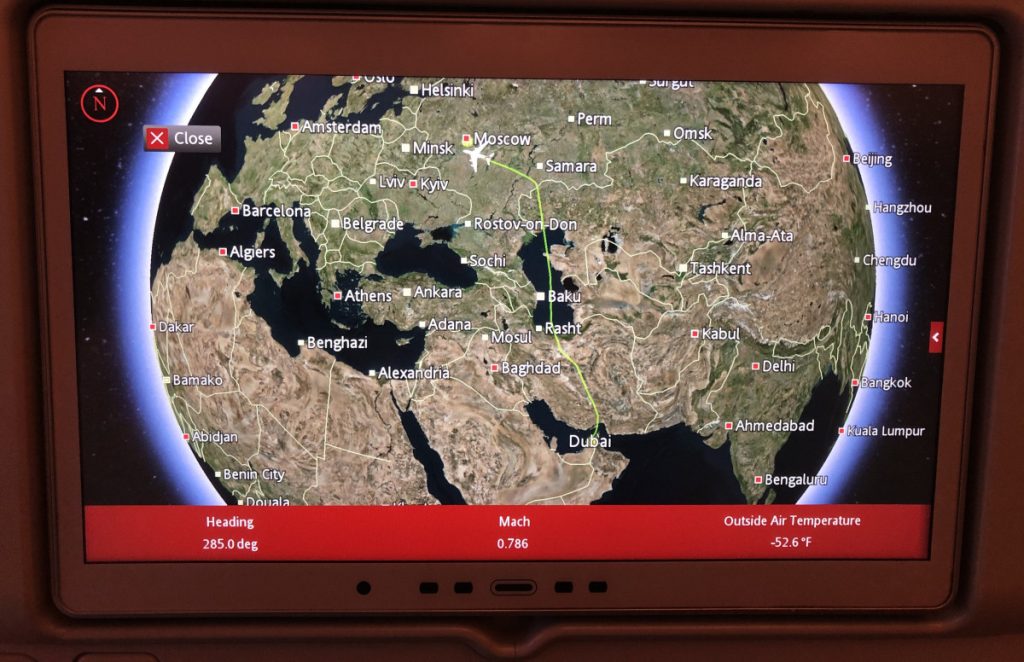
Post-pandemic Middle East residents are increasingly travelling to global hotspot destinations in Europe, Asia, and Africa, even as the UNWTO World Tourism Organization confirms that tourist arrivals globally reached 80% of pre-pandemic levels in the first quarter of 2023 alone.
On a fact-finding mission to the Russian capital Middle East News 247 had an exclusive one-on-one interview with Bulat Nurmukhanov, Head of the Moscow Centre for International Cooperation.
Moscow Centre for International Cooperation is the Moscow government’s entity for foreign cultural and economic initiatives.
Excerpts from the interview:
What is the position of Middle East tourist arrivals to Moscow?
The tourist flow volume from the Middle East continues to grow. In 2022, tourists from the Middle East made 139,600 trips to Moscow.

Why should a visit to Moscow be on the bucket list of Middle East tourists?
With nearly 1,000 years of recorded history, Moscow is a city of majesty, elegance, and unique culture.
Its architecture is legendary: Kremlin, Red Square, Bolshoi Theatre, ‘Stalin’s 7 Sisters’ (an absolute must-see) and so much more.
Moscow tourist spots and activities are in abundance for children as much as for adults. The Cosmonautics and Aviation Centre located in VDNH, Moscow Zoo, and Moskvarium are some of Moscow’s top places to visit with children.
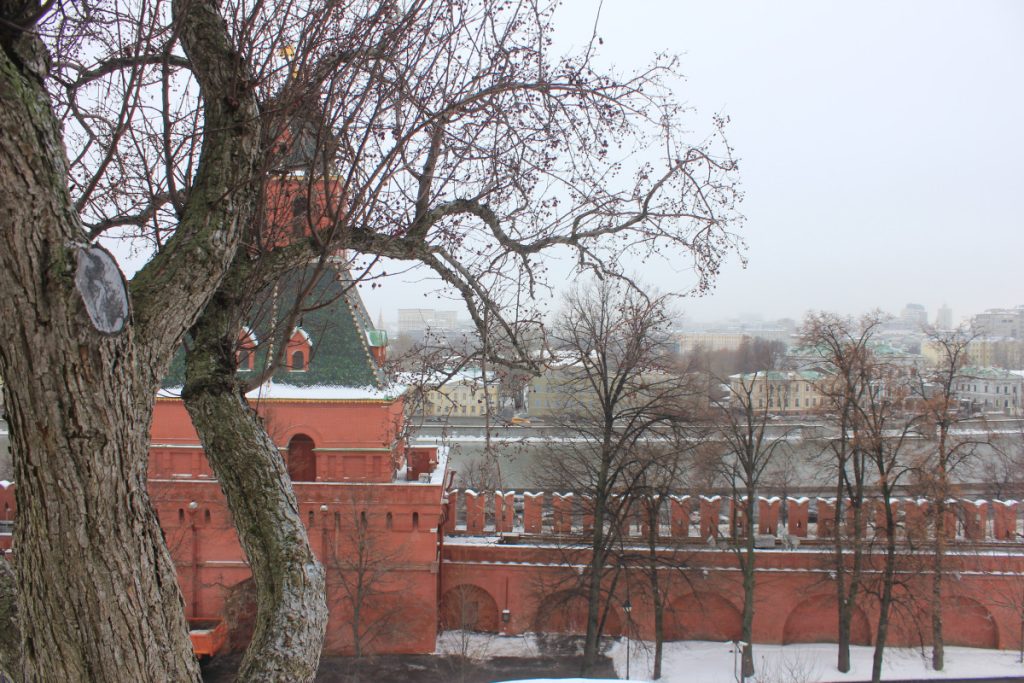
Moreover, Moscow’s metro system is the stuff of legends. Marble and granite, bronze statues, colourful mosaics, and more. Moscow Metro is truly grand, and it has attracted visitors from all over the world since the 1930s.
Furthermore, the city is now one of the most exciting dining destinations in the world.
From traditional Russian specialties to modern dining with a twist to international favourites, there’s plenty of great food to enjoy in Moscow.
What is Mostourism doing to train Moscow’s tourism sector in how to deal with Middle East tourists?
Our main goal is to serve as a bridge between Moscow and the Middle East tourism industry.
We believe that, through direct communication, our tourism industry can learn more about the actual demands, interests, specific requests, and desires of tourists from Middle East countries.

Considering this, we arrange roadshows of Moscow tourism companies abroad, to establish face-to-face contact between businesses, and organise familiarisation trips to Moscow for foreign travel and tourism companies.
We are convinced that these efforts contribute a lot to a better understanding between businesses, allowing them to share expertise.
We also hold educational activities for Moscow-based tourism service providers with detailed explanations of how to work with foreign countries.
For example, we recently organised a webinar for the Moscow hotel industry on halal standards and ways to implement and uphold them. That was part of our strategy to adapt city infrastructure to tourists from Islamic countries.
How do Middle East travellers visiting Moscow compare to other international tourists?
Most Middle East tourists prefer self-organised family trips and individualised programmes.
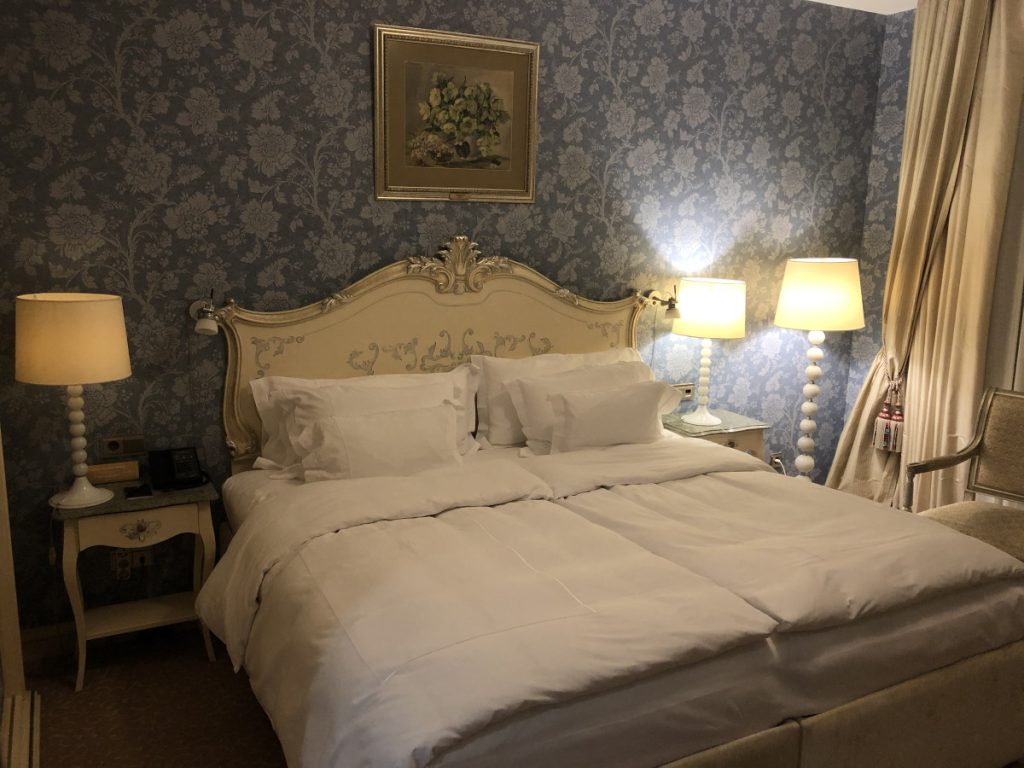
Visitors from the Middle East also love luxury, much more than tourists from other parts of the world; they [Middle Easterners] prefer to stay in four- and five-star hotels in Moscow.
This is generally the choice made by 89% of tourists from the Middle East.
What are the key sites and activities in Moscow City that Middle East tourists must experience?
Some of the most popular places to visit in Moscow City are undoubtedly the Kremlin and Red Square, Tretyakov Gallery, Bolshoi Theatre, VDNH, Ostankino TV Tower, Zaryadye Park, etc.

Moscow is a city with a long and rich history. More than 8,000 monuments representing the city’s cultural heritage have been preserved, including apartments of poets and composers, estates, monuments, churches, and temples.
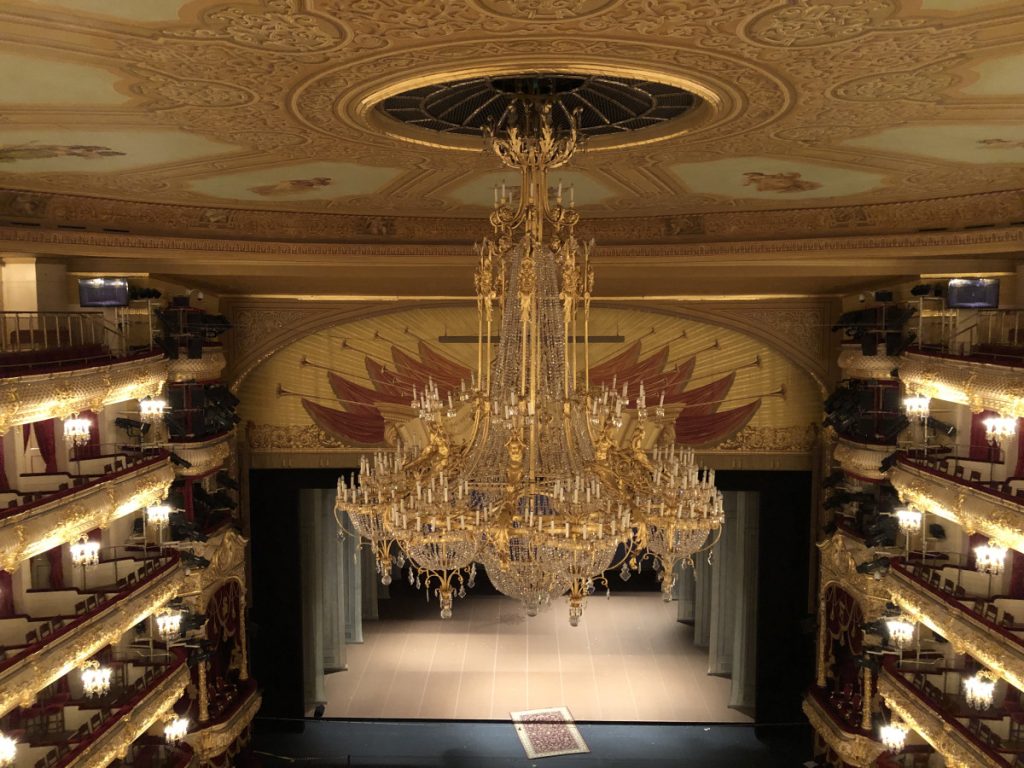
Moscow is also home to three cultural heritage sites that are part of the UNESCO World Heritage List: The Kremlin and Red Square; the Church of the Ascension in Kolomenskoye; and the Novodevichy Convent.
There is a Russian travel portal called Discover Moscow that helps tourists find the best events for every taste.
Is the English language widely spoken across Moscow City?
Fortunately, the English language is quite widespread in Moscow; our city is a genuinely cosmopolitan one.
There are lots of foreigners who live, work, and study in Moscow and visit the city for business and tourism.
So, our tourism industry is adapted to foreign visitors: there are guidelines and navigation tips in English in the Moscow Metro system and at key tourist places.
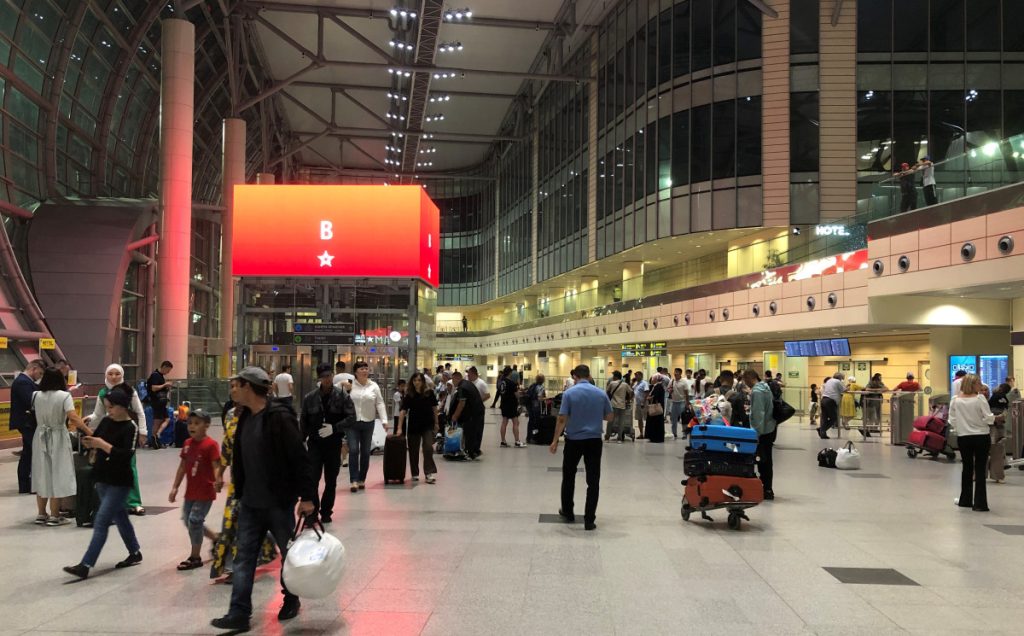
We would like to encourage tourists to visit our six tourist information centres that provide the most relevant information on cultural sites and current events in the city.
These centres are staffed by experienced guides who are fluent in English and other languages. So, it is easy to get the necessary tourism information in Moscow.
How much in advance should a Middle East traveller book their visit to Moscow?
The earlier the better. Because this allows for booking hotel rooms and tours at a lower price.

The peak tourism seasons are summer and the New Year holidays in winter respectively when the city is generously illuminated and decorated for the winter holidays season.
Apart from Moscow should Middle East tourists visit other parts of Russia?
Moscow, being a gateway to Russia, we have created a joint framework called Moscow+ with other regions of Russia, offering tourists a chance to visit several destinations in one trip.
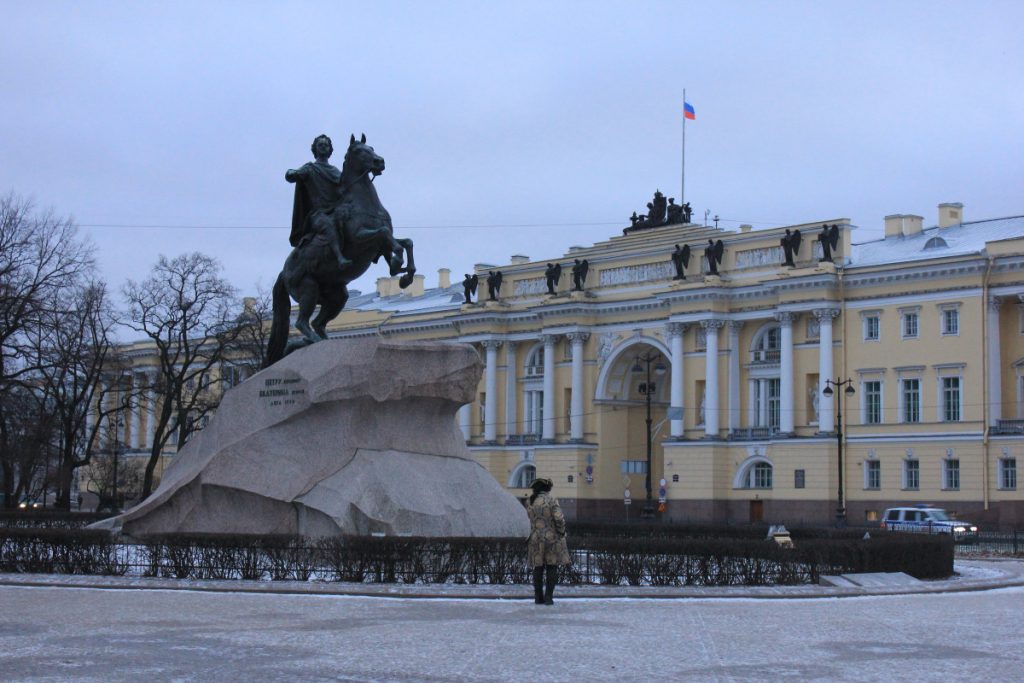
For example, to St. Petersburg, Kazan, Nizhny Novgorod, and cities of the Moscow Region.
(End of Q&A interview with Bulat Nurmukhanov).
4 GCC nations now eligible for new Russia e-visa facility
Russia has begun granting a unified single-entry electronic visa (e-visa) to the citizens of 55 countries with effect from August 1, 2023.
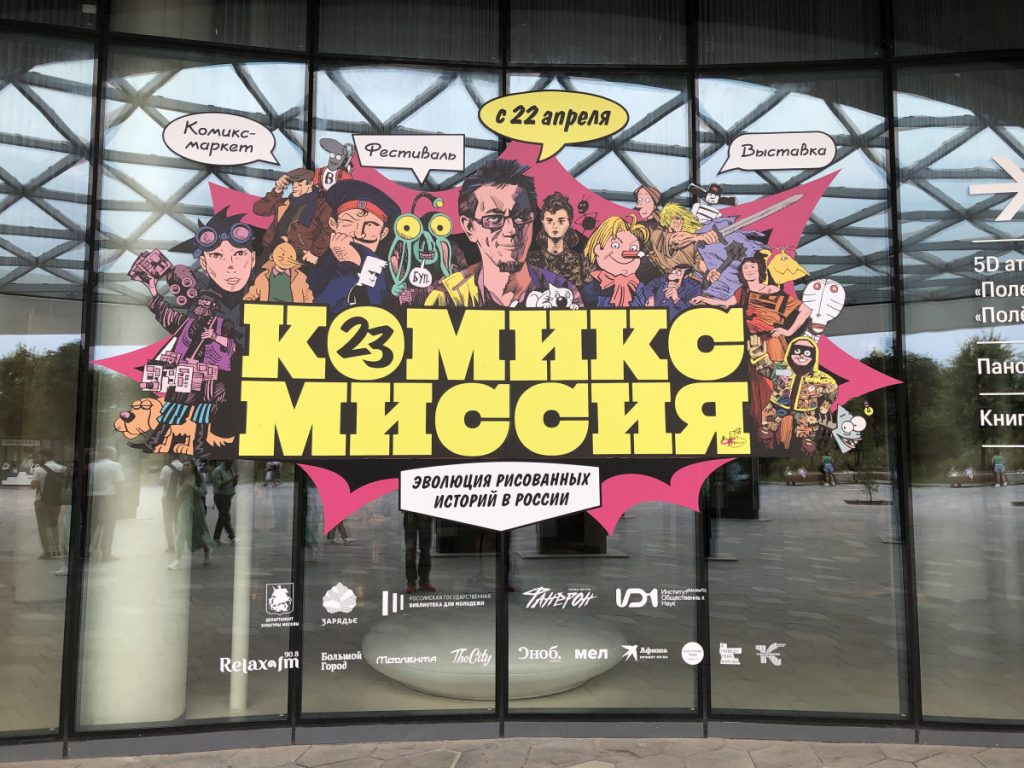
The four GCC countries’ citizens who are eligible for the new e-visa regime include Bahrain, Kuwait, Oman, and Saudi Arabia. UAE and Qatari citizens were previously granted the e-visa facility.
From standard to e-visa
As of March 2022, the citizens of Bahrain, Kuwait, Oman, and Saudi Arabia could obtain a standard Russia visa without a tourist invitation, based on their hotel reservation only.
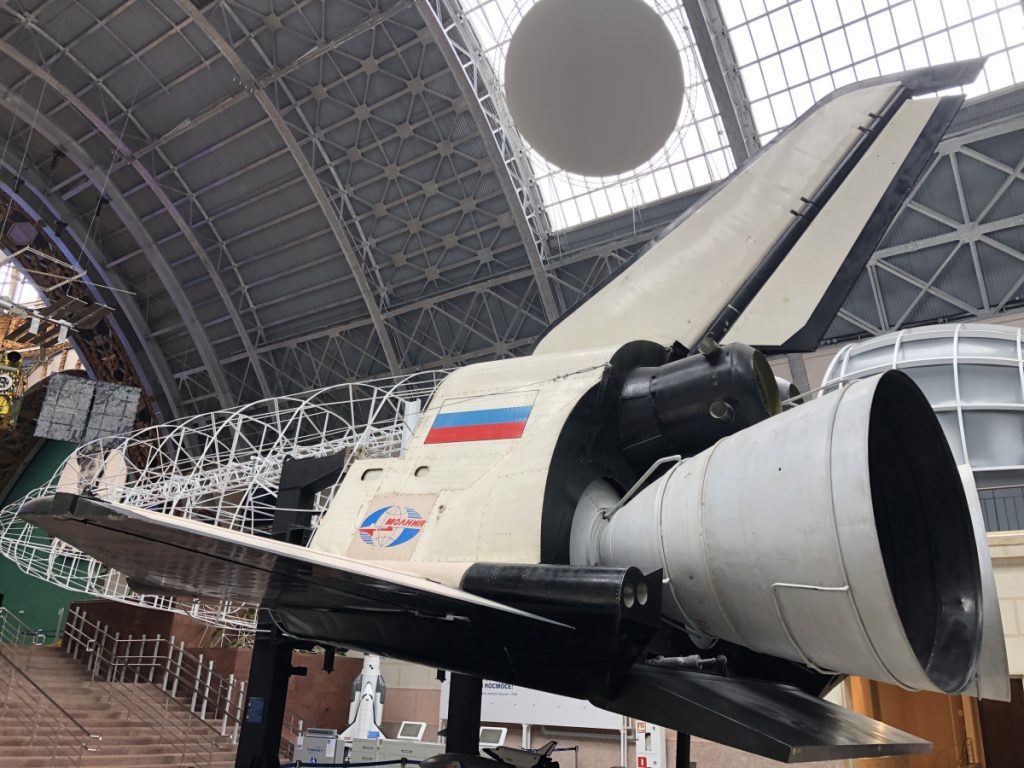
The newly introduced e-visa scheme is likely to substantially increase the number of GCC citizens and other GCC-based expats heading to Moscow, and other regions of Russia, mainly for tourism purposes.
Eligible for the new e-visa
The 55 countries (in alphabetical order) eligible for the Russia e-visa facility:
Andorra, Austria, Bahrain, Belgium, Bulgaria, Cambodia, China, Croatia, Cyprus, Czech Republic, Denmark, Estonia, Finland, France, Germany, Greece, Hungary, Iceland, India, Indonesia, Iran, Ireland, Italy, Japan, Kuwait, Latvia, Liechtenstein, Lithuania, Luxembourg, Malaysia, Malta, Mexico, Monaco, Myanmar, Netherlands, North Macedonia, Norway, Oman, Philippines, Poland, Portugal, Slovakia, Slovenia, Romania, San Marino, Saudi Arabia, Serbia, Slovenia, South Korea, Spain, Sweden, Switzerland, Taiwan, Turkey, and Vietnam.
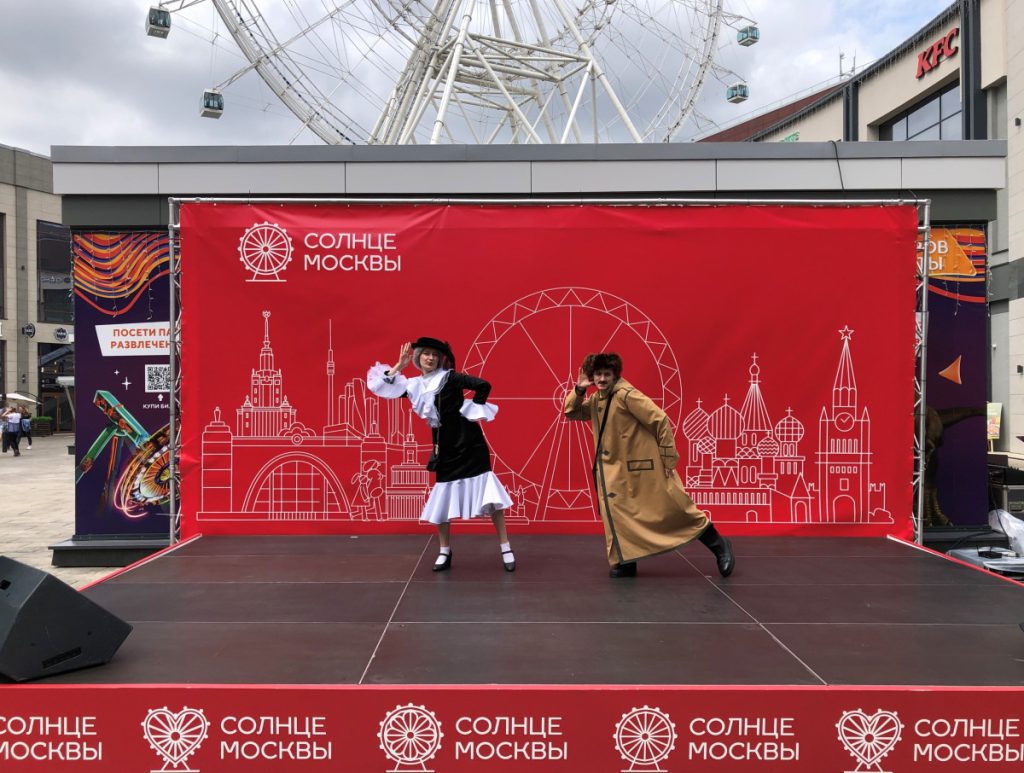
Valid for 60 days from the date of issue the new e-visa entitles a holder to enter Russia and stay in the country for a private or business visit, tourism, as well as for participating in scientific, cultural, socio-political, economic, and sports events, for up to 16 days.
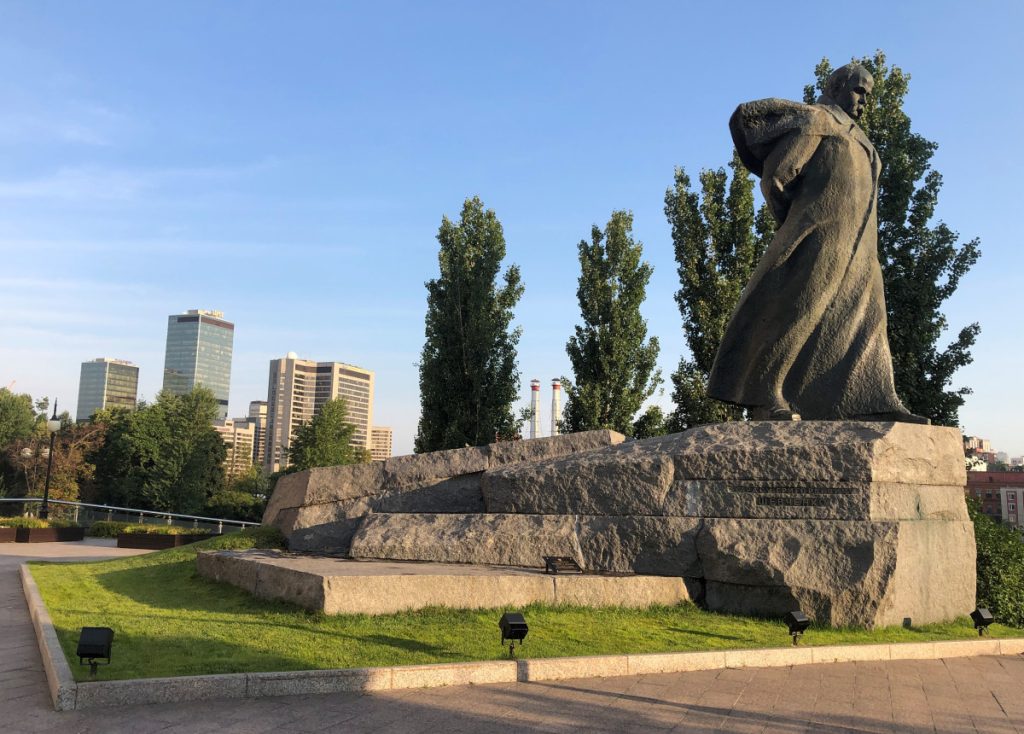
The new e-visa scheme means that travellers wishing to visit Russia no longer need to submit paper visa applications and relevant documentation at Russian consular missions in the 55 countries and the Vatican.
Online convenience
Instead, not later than four calendar days before their planned trip, travellers need to upload to the Russian Ministry of Foreign Affairs website (Consular Department) or the Russian Foreign Ministry mobile app an e-visa application, certain pages of a valid national passport, a face photo and use a bank card for e-visa payment purpose.

E-visa applicants are no longer required to submit an invitation letter, hotel booking confirmation, or any other document confirming the purpose of their travel to Russia.

Separately, Russia will shortly launch visa-free group agreements with China and Iran that will allow tourist groups of five to 50 people from these two countries to visit Russia without a visa.
For Russia e-visa information: https://evisa.kdmid.ru/
Last Updated on 10 months by Arnold Pinto













